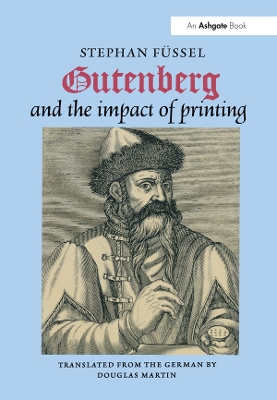From typefounding through typesetting to the printing process itself, this narrative offers a fresh look at the unprecedented success story of the spread of the 'black art' right across Europe in a mere 40 years. Stephan Füssel here analyses the first early printings, placing them in the context of the history of communication and the intellectual climate of a Europe-wide educated elite by about 1500. He foregrounds the tremendous rise in European culture and the history of education experienced as a direct result of this media revolution. In separate chapters Füssel depicts the fast spreading of the art of printing to Italy, France and England, at the same time highlighting the importance of the art of printing for the Roman Catholic Church, the Reformation, the University and the economy. From herbals to a guide for midwives, the present book shows popular instruction at work in the vernacular, as well as the consolidation of knowledge into encyclopedias in the early modern period, and the emergence of new forms of the prose novel and the beginnings of newspapers and periodicals. Finally Stephan Füssel traces the modern resonances of Gutenberg's invention, which persisted in virtually unchanged form for a further 350 years. It underwent decisive technological change through industrialisation and mechanisation in the nineteenth century, and again through digitalisation at the close of the twentieth century. However, as Füssel shows, the mass diffusion of information and the related communications revolution which began with Gutenberg continue unabated.
- ISBN10 0754635376
- ISBN13 9780754635376
- Publish Date 28 February 2005
- Publish Status Active
- Publish Country GB
- Publisher Taylor & Francis Ltd
- Imprint Ashgate Publishing Limited
- Format Hardcover
- Pages 216
- Language English
